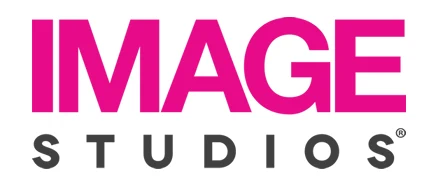If you’re working on your return, you’re not alone: most—about 52%—of e-filed returns have been self-prepared. That number is dropping as the season progresses, which isn’t unusual. Professionally prepared returns accounted for 29,644,000 of e-filed returns received so far in 2024. That’s according to recent tax filing season data, which also indicates that, as of March 8, 2024, the IRS had received 62,761,000 tax returns, about 49% of the expected total for the year.
If you are tackling your return, you may be ready to pull your hair out over the complexity of the rules—including those that seemingly change every other year, like the entertainment and meal tax deduction, the mileage tax deduction, and deductions targeted to small businesses.
And if you’re looking at your tax bill and wondering how you might be able to avoid a similar result next year, maybe it’s time to reconsider asset location. That doesn’t mean literally moving the physical location of your investments to say, Cleveland—it means thinking about how your funds are invested. You might be able to save yourself tens of thousands of dollars by reshuffling positions between taxable and tax-sheltered accounts, like IRAs.
I spent some time this week talking with tax professionals about how taxpayers can ease some of the associated stress. It likely won’t surprise you that they suggested you ask for help. One place to start? Hire a bookkeeper. There are obvious reasons to seek out help, like tax savings, but don’t discount longer-term benefits, like reducing your audit risk. Nicole Davis, the founder and CEO of Butler-Davis Tax & Accounting, explains that the IRS and other tax authorities rely on data metrics. That means the IRS is comparing you to other businesses in your category. You can raise red flags by mischaracterizing one expense—say, advertising—as another expense—like travel—because it might not make sense for your business category. And beyond taxes, Jenny Groberg, CEO of BookSmarts Accounting and Bookkeeping, says business owners should consider it an investment. There will be a cost, but it’s worth asking yourself, “How much more money can I make?”



